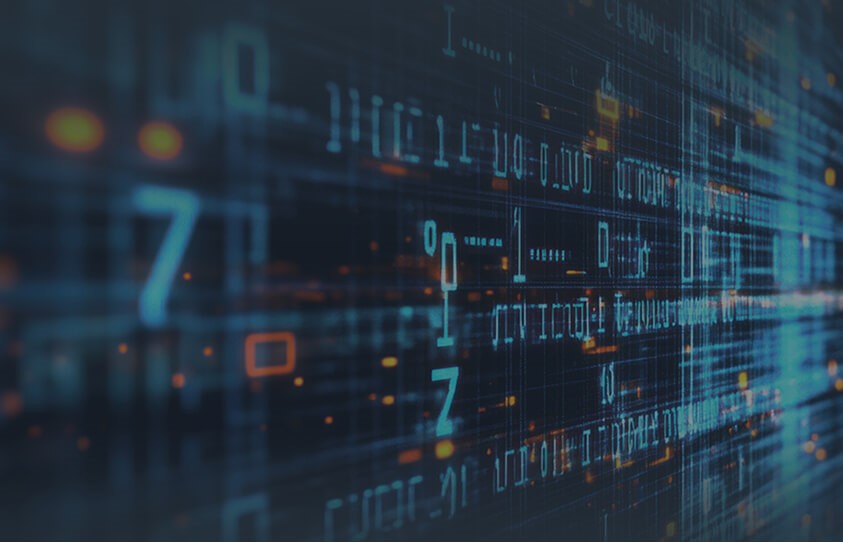- Listed in an infringement report? Take action now.
- Immediate breach recovery support available. take action
- Listed in an infringement report? Take action now.
- Immediate breach recovery support available. take action
- Listed in an infringement report? Take action now.
- Immediate breach recovery support available. take action
- Listed in an infringement report? Take action now.
- Immediate breach recovery support available. take action




